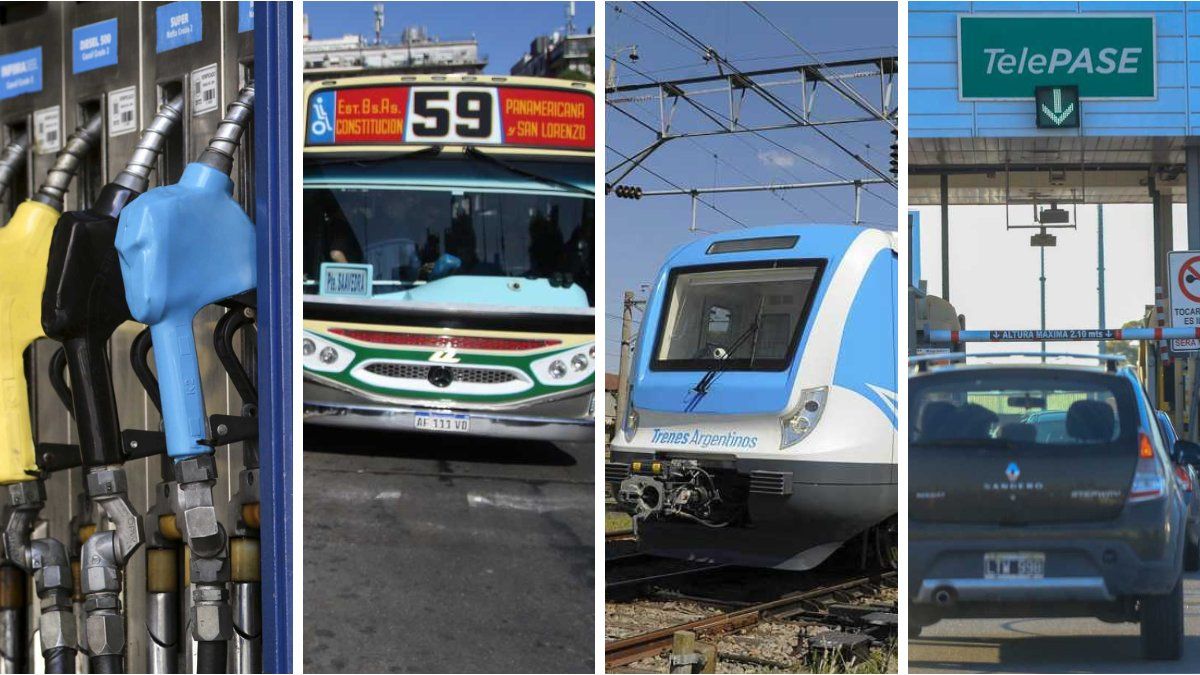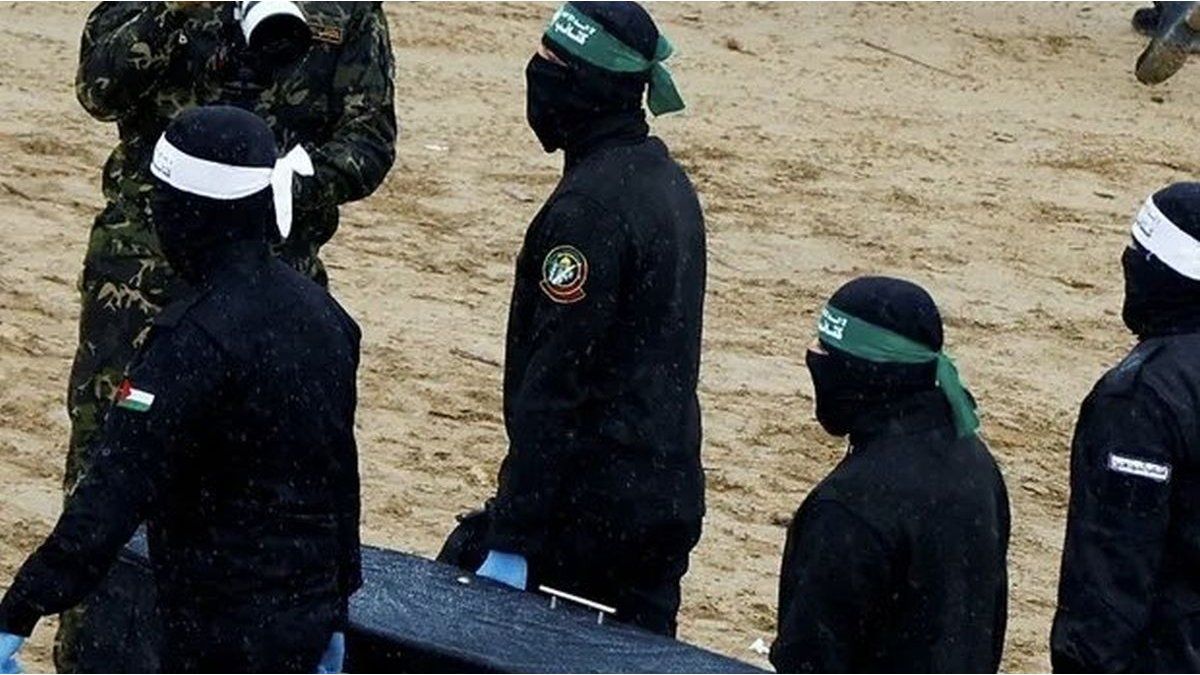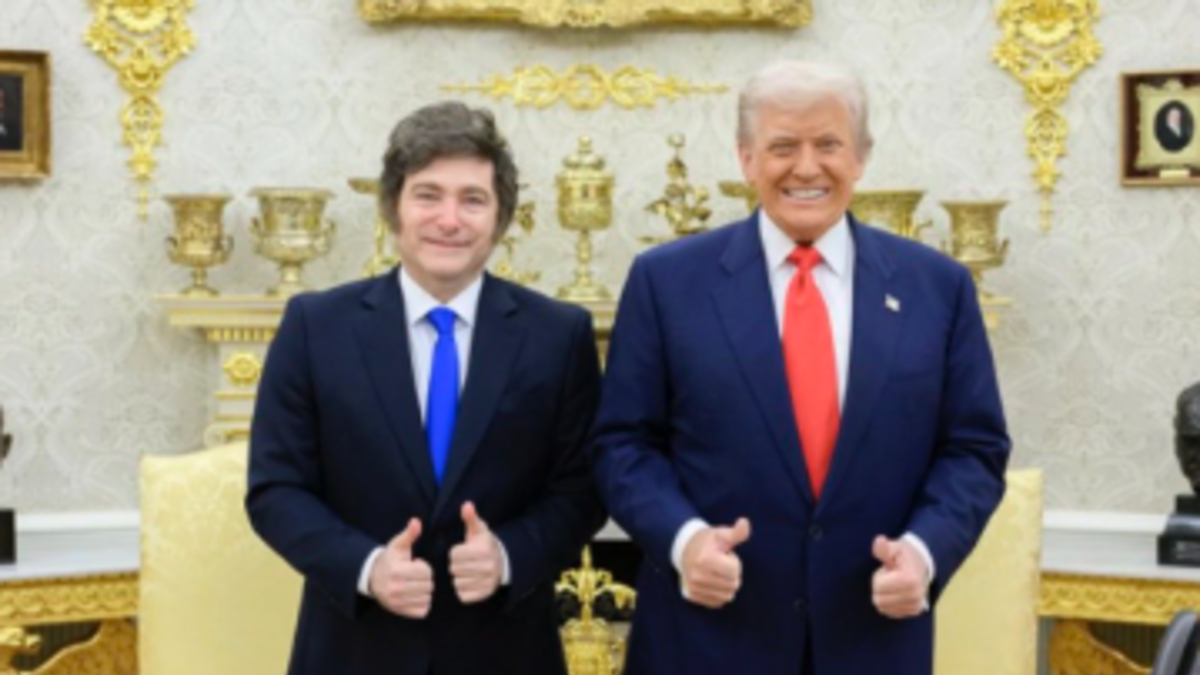After the bad inflation data in December that reached 25.5%, analysts predict that the price increase will continue in double digits in January as well and everything indicates that the increases will continue. In this framework, although the Government carries out a policy of liberalizing prices, there are some items that have already confirmed strong increases of up to more than 200% that will have a full impact on pockets.
Bus, subway and train fares
Although the public hearing is expected to define next month’s increase, and the definition of justice, at the moment the increases that are confirmed are the following:
Starting in February, the objective is to bring the minimum, for sections of up to 3 kilometers, from $76.92 to $270.00 for those who have a registered SUBE card, and $430.00 for those who are not registered.
Meanwhile, for a section of between 3 and 6 kilometers it will go from $85.69 to $300.78 and $479.03, respectively. For a trip of between 6 and 12 kilometers, it will go from $92.29 to $323.95 and $515.92 in the case of those who do not have the registered SUBE.
808881-whatsapp-20image-202024-01-19-20at-2014-16-41.jpeg
For the longest sections, the impact on the pockets will be even greater: in the section between 12 and 27 kilometers, the amount will go from $98.90 to $347.15 and $552.87, and for trips of more than 27 kilometers, it will go from $105.46 to $370.18 and $589.54 without the SUBE card registered.
Meanwhile, for the trains, the new scheme will be $130.00 with SUBE for the first section and $430 in cash; $169.00 for the second section with SUBE and $430 in cash and, finally, $208.00 with SUBE and $430 for the third section.
Prepaid
After the megadecree launched by the President in which he released the price freeze, the prepaid medicine reported that the dues they will have a increase of between 27% and 29% average in February.
According to the DNU, the Government You will no longer have to authorize increases in fees and companies they will not have a limit for the difference between the price of the plan for younger people (cheaper) and the rest. Meanwhile, companies are evaluating the implementation of “low cost” plans.
Subway
The Government of the City of Buenos Aires will apply the last tranche of the 56% increase in subway fares. Starting on Sunday, February 4, the ticket jumps $15 and costs $125, while the Premetro will cost $43.75.
Rentals
Beyond the fact that the DNU repealed the Rental Law, the contracts in progress They must be respected until their expiration date. This means that while the agreement is in force, all terms and conditions will apply until the time of its termination.
In that sense, those who rented under the repealed law will have to face increases close to 147.1% annually in the amounts to be paid. In this way, February marks another record for the Lease Contract Index (ICL), which is carried out by the Central Bank (BCRA) on the basis of inflation and salaries.
This formula applies only to rentals started between July 1, 2020 and October 17, 2023, prior to the enactment of the new rental law with semiannual adjustments through the Casa Propia index.
Internet and cable
The companies began to anticipate to their clients that, starting in the first days of February, they will carry out the second rate adjustment of 2024 with a increase that may be greater than 25%depending on the service and the operator.
Rates
In February, it is estimated that gas rates will arrive with a new tariff scheme cAs a consequence of the reduction of subsidies that the Government will apply to reduce the fiscal deficit. So far, the Ministry of Energy has not confirmed how much the increase will be, but they could increase up to 697%.
Gasoline
Regarding gasoline, The tax freeze ends on February 1 to fuels that the former head of the Treasury Palace, Sergio Massa, had postponed in November, which implied an extra increase of $70 per liter or 25% directly to the public.
Therefore, updating the taxess will impact pump prices. The last tax adjustment was applied in the second quarter of 2021. The increase in fuel taxes was suspended seven times by Alberto Fernández’s management.
Source: Ambito




